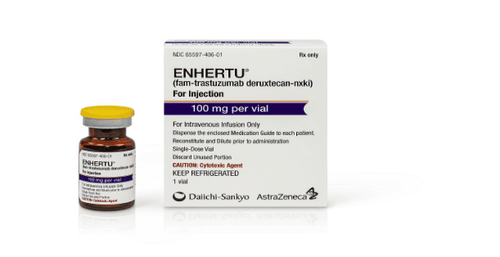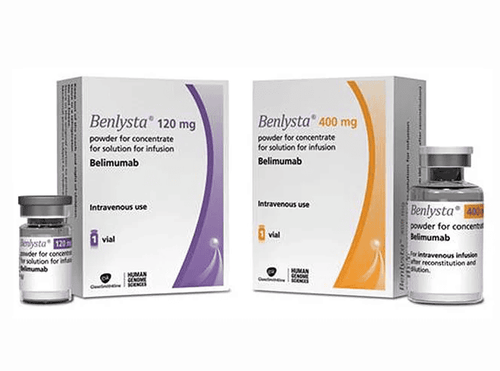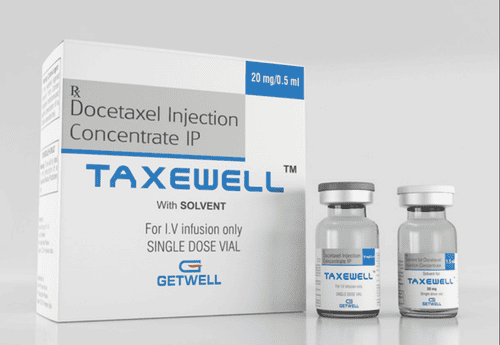This is an automatically translated article.
The immune system has a role in protecting the body from germs and other threats. If the immune system is attacked or weakened, it will affect the health and life of the patient.
1. What is immunodeficiency?
Common immunodeficiency is caused by the immune system making too few antibodies. Immunocompromised children often develop infections of the ears, lungs, nose, eyes, and other organs. The common treatment is to replace the missing antibodies with regular injections of antibodies, called immunoglobulins, into the patient's body.
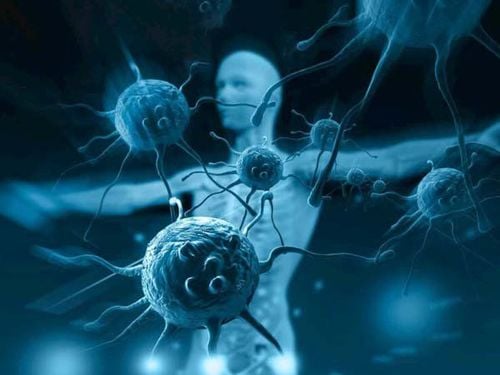
Khi hệ miễn dịch bị suy giảm sẽ gây ra rất nhiều vấn đề về sức khỏe
2. Classification of immunodeficiency
Immunodeficiency is divided into 2 types as primary immunodeficiency and secondary immunodeficiency.
Primary immunodeficiency is an inherited disease that causes recurrent episodes of infection or is difficult to treat. Many people with primary immunodeficiency are born with a lack of certain immune defenses that make them susceptible to germs and infections. Secondary immunodeficiency is caused by chemicals or infection with immunosuppressive agents, it can be the result of chemotherapy, radiation, diabetes, malnutrition, etc.
3. Signs of Immunodeficiency
One of the most common signs of primary immunodeficiency is having frequent, persistent, or difficult-to-treat infections. Signs and symptoms will vary depending on the type of primary immunodeficiency disorder.
Signs and symptoms of primary immunodeficiency may include:
Frequent and recurrent pneumonia, bronchitis, sinus infections, ear infections, meningitis or skin infections Inflammation and infection internal organs infections Blood disorders, such as low platelet counts or anemia Digestive problems, such as cramps, loss of appetite, nausea and diarrhea Growth and development delays Disorders autoimmune, rheumatoid arthritis or type 1 diabetes
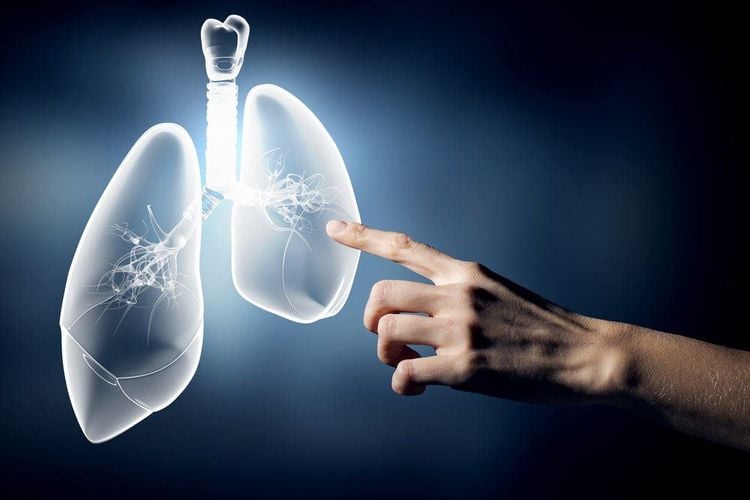
Một trong những dấu hiệu phổ biến của suy giảm miễn dịch là bệnh viêm phổi
4. Causes of immunodeficiency
Many primary immunodeficiency disorders are inherited from one or both parents. Problems in the genetic code act as a blueprint for producing the body's own cells (DNA) that cause many immune system defects. More than 300 types of primary immunodeficiency disorders have been identified. They can be classified into six groups based on which part of the immune system is affected:
B cell deficiency (antibodies) T cell deficiency Combined B and T cell deficiency Phagocytes deficiency deficiency Not known (idiopathic) The only known risk factor is having a family history of primary immunodeficiency disorder, which increases the risk of this disease.
5. Treatment of immunodeficiency
The doctor can also suggest treatments to make the patient's immune system work better such as:
5.1 Immune replacement therapy (Ig)
These are disease-fighting proteins called antibodies that the body needs. Antibodies only last for a while, so patients need treatment every 3 or 4 weeks. This method may have some side effects such as muscle or joint pain, headache or low fever.
5.2 Stem cell transplantation
This method is rarely used, usually only applied to patients with severe immunodeficiency. The patient will be transplanted healthy cells into his body. The patient will not feel any pain after the transplant and the cell. It can take 2 to 6 weeks for the new stem cells to multiply and start making healthy, functioning blood cells. During this time, the patient may need to stay in the hospital or, or be examined every day by the transplant team. It can take 6 months to a year until the good blood cell count in the patient's body returns to normal.
In addition, it is very important to practice healthy behaviors to support the immune system. Patients should eat healthy foods such as fruits, vegetables, whole grains and lean proteins. Exercise every day. Massage therapy, exercise, being with people he likes, and prayer or meditation are some other ways to relieve stress.
Please dial HOTLINE for more information or register for an appointment HERE. Download MyVinmec app to make appointments faster and to manage your bookings easily.
References to sources: Mayoclinic.org and webmd.com
MORE:
Functions of Immune Globulin How does the immune system work? What are antibodies? Role and formation of antibodies





